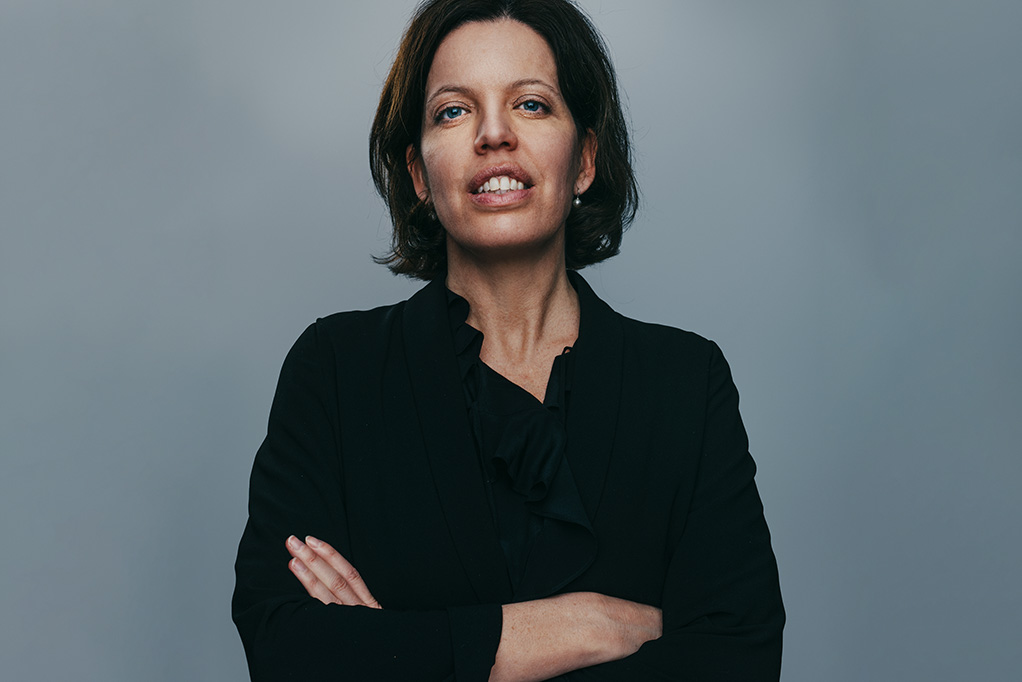Nagorny-Karabakh: mending the broken peace process

In January 2019, the Armenian and Azerbaijani foreign ministers agreed on the necessity of “preparing [their] populations for peace”. Therefore, it comes as no surprise that civil society activists (among them many women who are supporting and trying to promote peace) now feel disappointment in the formal peacebuilding processes which so obviously have failed.
Since the conflict between Armenia and Azerbaijan over Nagorny-Karabakh escalated in September, the public discourse is now largely focused on a war narrative, traditional gender roles and military and geopolitical analysis.
When a country enters an armed conflict, this normally effects gender roles in different, and sometimes conflicting, ways. On the one hand, when the male breadwinner of the family is called into military services, women take on a new and extended role in the family—as not only the caregiver but also the breadwinner and, to a certain extent, the decisionmaker.
On the other hand, gender roles tend to become more traditional and stereotyped as nationalism increases in conflict settings. The woman then becomes the “mother of the nation”, with the sole purpose of ensuring that new fighters are born and taken care of. The woman is the defender of the family, while the man defends the country.
In the case of the conflict over Nagorny-Karabakh, women are now portrayed and celebrated as “mothers” and hailed as the “honour” of the nation. They are expected to provide care and support to the military machinery. Women who vocally advocate for peace are often considered to be traitors of the nation.
Women peace activists, on both sides of the conflict, have long called for a different kind of peacebuilding. The traditional way of trying to build peace by only negotiating with the conflict parties has repeatedly proven not to work. A future peace process must involve the voices also of those whose daily lives are affected by the conflict—including women.
For more than two decades, peace talks have been conducted behind closed doors, with little effort to communicate their substance to the public or to include the views of various constituencies affected by conflict and violence, including women’s voices around the negotiation table.
The OSCE Minsk Group, in charge of the peace talks, has so far failed to yield security. No women have ever been appointed to senior positions within the group or taken part in the official negotiation processes. This has created a sense of powerlessness to bring about peace when it is viewed as a male sphere exercise.
The Kvinna till Kvinna Foundation has had a long presence in the region. In our report Listen to Her, women in this context largely understand the peace process as being distanced from themselves and their daily lives, and instead carried out by a male elite far away.
Studies emphasise an insufficient role of international donors in supporting women’s efforts to participate in the formal peace process, and some international actors are even reluctant to support explicit peace-making activities in order not to provoke the conflict parties. Civil society actors in Nagorny-Karabakh find themselves mostly forced to work with limited or no resources and/or under the radar. This shrinking or even closed civic space has resulted in silencing the courageous and creative voices for peaceful narratives in and around Nagorny-Karabakh.
The overall result is that women’s expertise, priorities, and needs are made invisible, and the human security of the populations at large is treated as a secondary concern to ending the military offensive, as if one can happen without the other.
So, how do we reverse this trend? We need the political will from OSCE and important international actors to include women-led civil society organisations and initiatives, instead of keeping them on the side lines. We also need a deeper understanding of the theoretical and practical aspects of women’s participation in peace processes. This postulates support to the direct and meaningful participation of women human rights defenders (WHRDs) and women peacebuilders in the official peace processes.
We also need to establish a regular consultation mechanism between the OSCE Minsk Group, the office of the EU Special Representative (EUSR), national stakeholders, WHRDs and women peacebuilders for the inclusion of women’s priorities into the political and peacebuilding agenda.
WHRDs and rights groups in Turkey, Russia, Georgia and other neighbouring countries, can mobilise pressure on their governments to support a peaceful resolution of the conflict. Several different activist groups in the region, including women’s rights, youth and peacebuilding actors, have launched appeals to end hostilities and stand with the people. This can be vital in maintaining trust and establishing dialogue corridors for WHRDs and peacebuilders regionally with the support of the EU and other international actors.
A ceasefire agreement has now been signed between Armenia and Azerbaijan, but when and if proper negotiations resume, women’s participation is imperative for this process to yield different results. As a WHRD from the region has eloquently put it: “If women are not included, the peace process will look the same as it has for the past 30 years—broken.”
Petra Tötterman Andorff
Secretary-General, The Kvinna till Kvinna Foundation